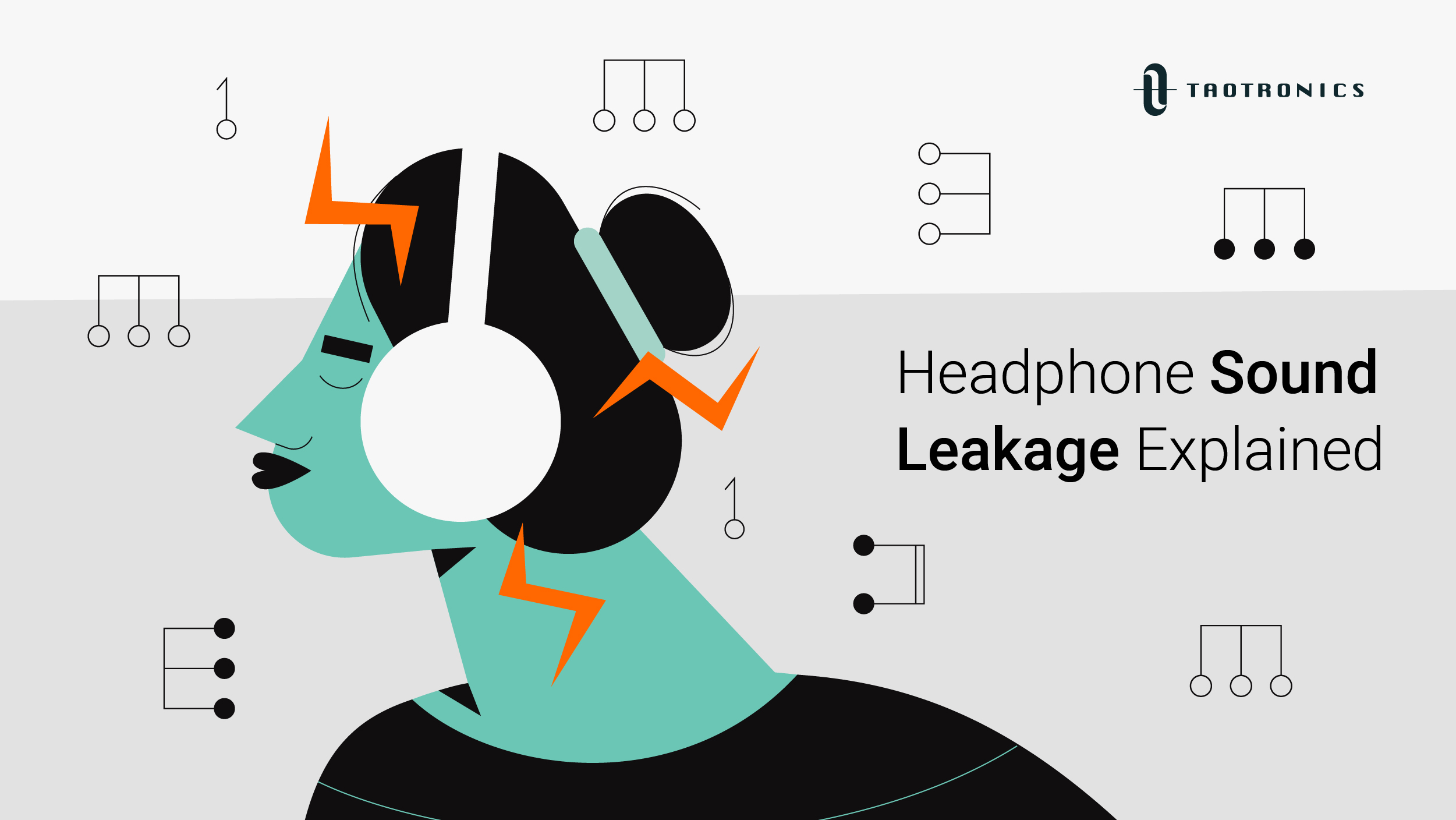
What Is Sound Leakage? Unveiling the Mystery of Unwanted Audio
Sound leakage is the unintentional and unwanted transmission of sound from one environment to another. It can occur from an indoor space to an outdoor space, from one room to another within a single building, or even between two adjacent rooms in the same building. Understanding sound leakage and how to prevent it is essential for anyone who wants to ensure that audio is heard only where it is intended.
What Causes Sound Leakage?
Sound leakage is caused by a variety of factors, including structural weaknesses in walls or ceilings, poorly installed window and door seals, inadequate insulation in walls or ceilings, and air gaps between walls or ceilings. Additionally, sound leakage can occur due to poor acoustic design, such as incorrect speaker placement, inadequate dampening of sound, or lack of acoustic treatment.
The Effects of Sound Leakage
Sound leakage can have a number of negative effects, both on the environment and on people. Unwanted sound can disrupt businesses, interfere with conversations, and disturb the peace and quiet of an area. It can also make it difficult for people to concentrate, as well as disrupt their sleep. As sound leakage can be transmitted over long distances, it can also lead to complaints from neighbors and local authorities.
Preventing Sound Leakage
Fortunately, there are a number of ways to prevent sound leakage. Firstly, it is important to ensure that walls and ceilings are structurally sound and that any gaps are filled. Additionally, installing adequate insulation in walls and ceilings can help to reduce sound transmission. Secondly, it is important to ensure that windows and doors are properly sealed, as this will help to prevent sound travelling between rooms. Finally, acoustic design should be taken into consideration, and speakers should be placed strategically to ensure that sound is directed only where it is intended. Additionally, applying acoustic treatment to walls, ceilings, and other surfaces can help to absorb sound and reduce reverberation.
Conclusion
Sound leakage can be a major problem, both for businesses and for individuals. However, by understanding the causes of sound leakage and taking the necessary steps to prevent it, it is possible to ensure that unwanted sound is kept to a minimum. By using the tips outlined in this article, you can help to reduce sound leakage and ensure that audio is heard only where it is intended.

Image :
blog.taotronics.com
More Insight Video
If you're wanting to know more about the theme discussed in this piece, I advise viewing the video below. In this footage, you'll obtain additional understandings and details on the matter, as well as a visual representation of some of the main ideas and notions covered in the piece. You'll also have the occasion to get insights from professionals in the industry and engage with fellow viewers who are enthusiastic in the same topic. Whether you're hoping to broaden your knowledge of the topic or simply desire to explore it further, this footage is a valuable resource for anyone curious in learning more. So, if you want to acquire a broader perspective of the topic, be sure to check out the attached video. It's sure to give you the understanding and details you want to expand your insights and proficiency.
As we conclude, About this topic What Is Sound Leakage our hope is that you found the information presented valuable and informative. We understand that our surroundings is continuously developing, and staying up-to-date with the most recent updates can be tough. That's why our mission is to present our readers with the most informative articles possible. We value your feedback is important to us, therefore kindly do not hesitate to leave your thoughts in the section below. We appreciate your readership and encourage you to explore other pieces on our website to expand your knowledge further. Many thanks for being a part of our community!

Post a Comment for "What Is Sound Leakage"